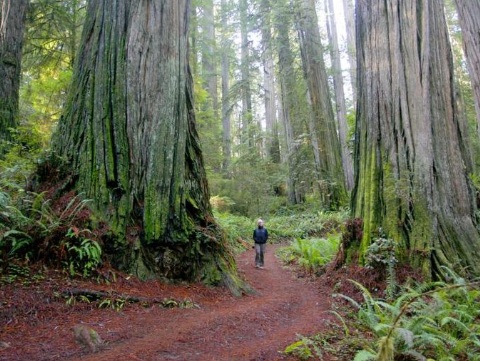What are plants?
Dumb bundles of cellulose that exist merely to do our bidding?
Sophisticated bio-chemical factories that are the source of countless medicines – and medicines to come?
How about this?
“Plants know us and love us as grandchildren.”
What is a grandparent?
Someone older than you…someone related to you…someone who cares about your well-being…someone in a position to help you in profound ways.
Carlos Castaneda (1925-1998) in his … Read more



